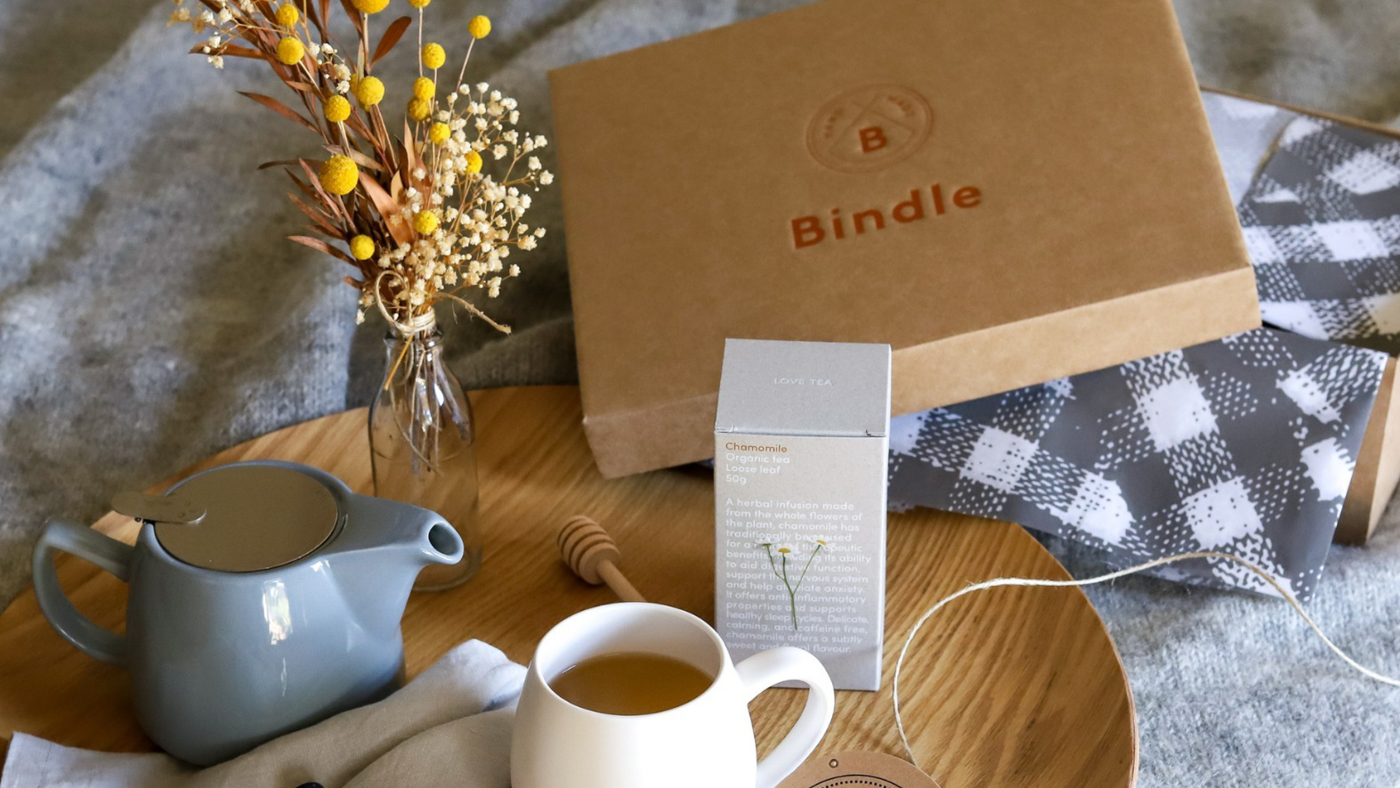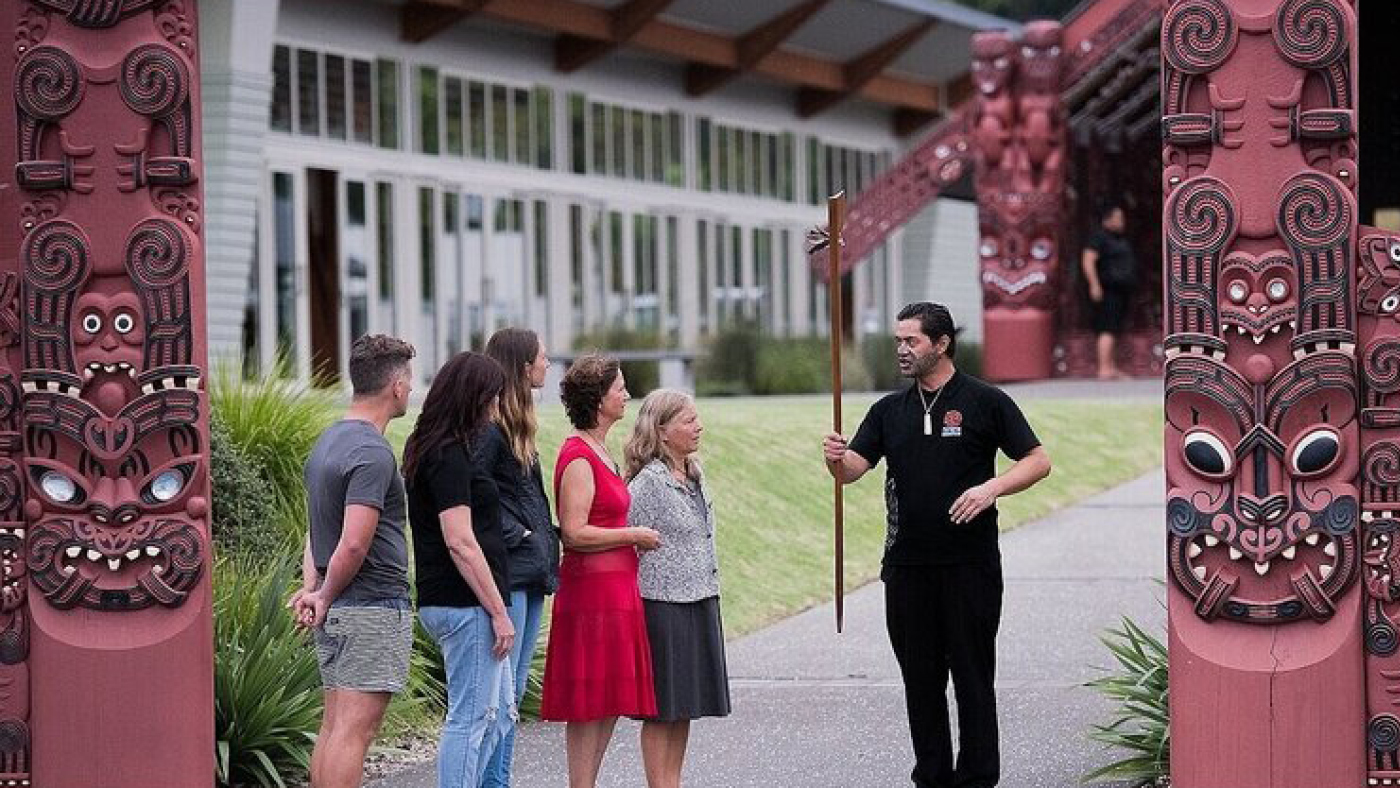The climate crisis continues to unfold with increased conversations on what people can do better to reduce their carbon footprint.
According to 2022 research by Mastercard, 70% of Australian small businesses were actively exploring how to operate more sustainably and taking steps to improve their practices.
In New Zealand, a 2022 study from MYOB revealed that 66% of small and medium business owners believed that businesses have a responsibility and role in mitigating climate change. 48% have implemented processes to reduce their carbon footprint, with standard sustainability measures being the reduction of single-use products, composting and reducing power usage in offices.
Two such small businesses that took measures to reduce their carbon footprint are Bindle and Travel Ed.
Bindle gears up towards zero waste
B Corp certified boutique gift business Bindle is proudly waving the flag of responsible consumerism — putting themselves among businesses that operate as a force for good and prioritise people and the planet over profit. Bindle walks the talk through conscious purchases with no qualms about guiding others in improving their sustainability practices.
“Sustainability has become a big part of our brand and sets us apart from most competitors. For a long time, our gift boxes and tissue paper have been 100% circular, eco-friendly and can be composted or recycled after use. Our shipping cartons and tape are made from recycling materials.
"But the buck doesn't stop with us. We're not shy to suggest packaging amendments to our suppliers to reduce waste. We take into account and hold to account packaging sustainability when selecting new products. Because if not us, then who," shares Bindle founder and director Catherine Blackford.

Catherine says that Bindle’s entire team is on board with their commitment to reducing their carbon footprint, with an appointed "Warehouse Warrior and Recycling Goddess" who manages their strategy to improve recycling practices.
“It's a unified goal within the office to reduce our waste as much as possible. Our waste output is small but not quite zero. So, we always have that zero goal in mind. Recycling is part of our weekly operations meetings where we tackle specific efforts," Catherine shares.
These efforts include carbon offsetting, rubbish separation, organising cardboard recycling, ways to reuse access packaging materials — such as bubble wrap, paper stuffing and biodegradable packing pallets — and ensuring food composting.
Start small - reduce, reuse and recycle
“Consistent small steps help build motivation. Start by sorting your waste into paper recycling, cardboard recycling, soft plastic recycling and general rubbish, which is often the least full,” says Catherine.
Ditch those takeaway cups, get refillable water bottles, seek out renewable energy providers and keep that hot water unit turned off, adds Catherine.
Travel Ed contributes to sustainable tourism
Across the Tasman Sea, travel and tour agency Travel Ed is doing their part to combat the climate crisis through sustainable tourism.
Travel Ed is driven by the philosophy of “Discovery by Doing". They offer engaging and interactive multi-day guided tours within a Māori context. Travel Ed partners with small Māori operators who take travellers on art and history tours while engaging in cultural experiences and interacting with local communities.
Founder Les Millard says their sustainability goals aim to create a greater world for future generations. They do this by embracing the Tiaki Promise and The Tourism Sustainability Commitment.

The Tiaki Promise is a collaborative initiative guided by seven travel and tourism-related organisations across the public and private sectors. Through the Tiaki Promise, organisations commit to care, conserve and protect New Zealand by guiding visitors to travel safely and conscientiously. The Tourism Sustainability Commitment — a programme managed by Tourism Industry Aotearoa (TIA) — guides the industry in positively impacting local communities, contributing to restoring and protecting the natural environment, and rebuilding economic sustainability.
Les says from the programmes they run, they donate to projects that enhance local communities and several environmental conservation organisations such as Summerhill, Trees That Count and The Elms Te Papa (Tauranga).
“I have also been a guest lecturer on sustainable development goals in business to second year commerce degree students studying Business Sustainability at Wellington's Victoria University. Everything we've done has enabled us to implement a breadth of practices to attain the best we can at addressing sustainable and regenerative standards," says Les.
Sustainable tips for the travel and tourism business
If you’re in the travel and tourism business in New Zealand, Les says The Green Room training programme that has rolled out across the country is an excellent place to start.
This 12-week programme is designed to help participants gain the knowledge, skills and confidence to pursue zero carbon and regenerative goals that align with the Tourism Sustainability Commitment.
"By completing this training and demonstrating our commitment to sustainable tourism, we have placed ourselves front and centre of the Tiaki Promise,” says Les.
As we begin the new year by reorganising and reprioritising business operations, let's ask ourselves how we can do better for the environment.